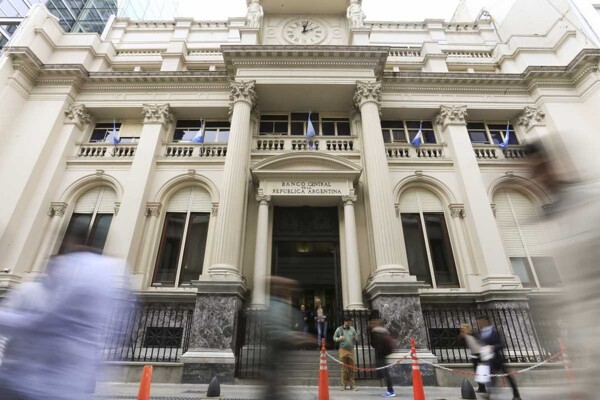
The growth of consumption in the City of Buenos Aires and Greater Buenos Aires reached 100.5% and 90.8%, respectively, while provinces like Chubut and Neuquén experienced even greater increases, exceeding 117%. Despite these increases, consumption remained largely in these regions. Data from the consulting firm Scentia revealed declines in supermarkets in January of this year, with a decrease of 7.2%, and in independent self-service stores, with a drop of 13.5%. Additionally, a 13% decline in wholesale consumption was observed during December.
The consulting firm Orlando Ferreres and Associates reported that economic activity in Argentina grew by 6.6% year-on-year in January 2025. Despite a nominal increase in billing due to inflation, real consumption experienced a significant contraction throughout the year. The contraction intensified in the last quarter, with a 3.3% year-on-year decline in December and a 0.3% decrease in the sales index compared to November in seasonally adjusted terms.
Supermarket sales showed an 11% decline in 2024 at constant prices, according to Indec data, although the contraction was less than expected. Poverty and insecurity are among the main current issues in Argentina. Furthermore, the Consumer Price Index recorded a 2.2% in January, marking a new low and the lowest inflation during Javier Milei's government.
Despite these positive data, business concerns are now focused on consumption. Topper, due to the decline in this area, has had to lay off workers at its plant in Tucumán. On the other hand, the General Activity Index (IGA) showed an increase of 0.1% in seasonally adjusted measurement compared to the previous month, and it is highlighted that the growth is supported by the low base that January 2024 provided. This advance is considered the ninth in the last ten months and the fifth consecutively, evidencing the recovery of economic activity in the country.














